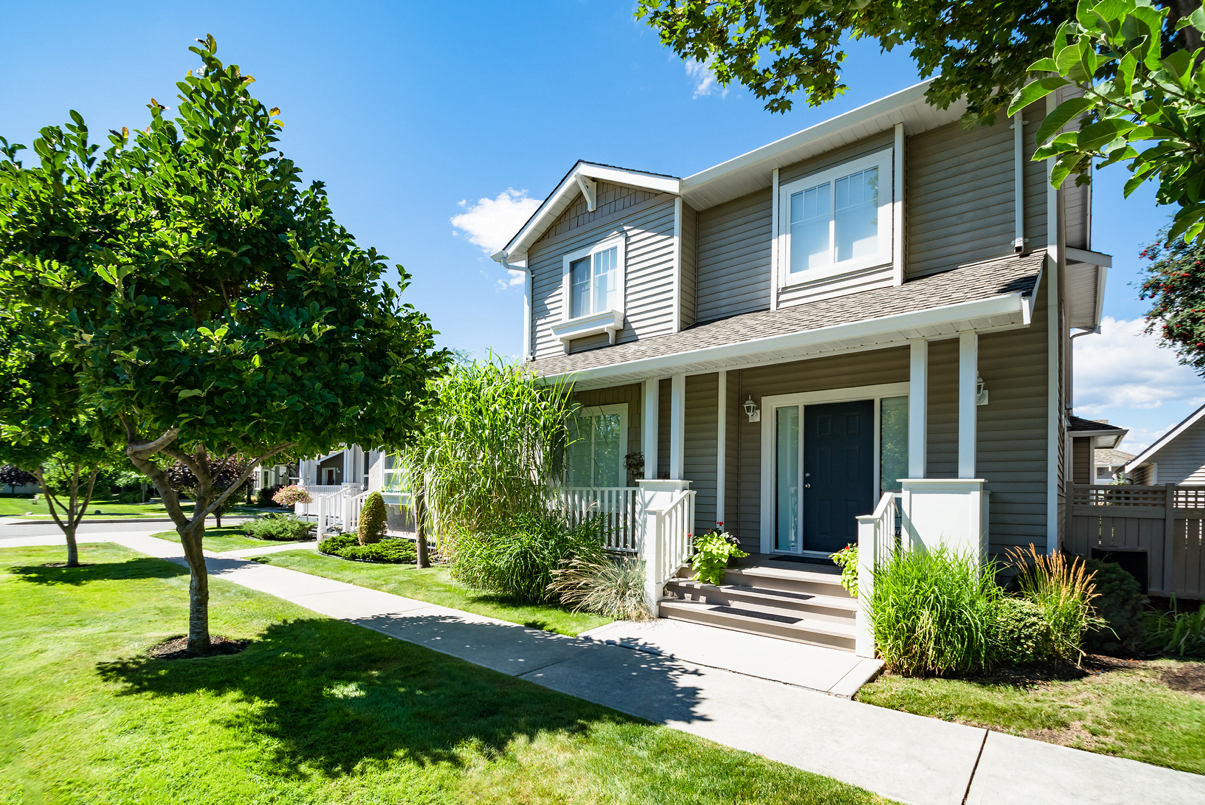
Assuming a Rented or Leased Appliance on Your Purchase

You have checked the basement for dampness, inspected the electrical panel, peeked into the attic, have envisioned entertaining in the kitchen, and are about to sign an offer to purchase a home with your realtor. Or perhaps you have visited the model home, looked at various plans and specs for your new construction, and have been presented with the builder’s Agreement of Purchase and Sale.
You are not likely thinking about the hot water heater – but you should.
Getting Heated
One of the most common issues that we see as residential real estate practitioners are disputes relating to the assumption of appliance rental or leasing contracts – the most common of which is the hot water tank. While these disputes are not likely to jeopardize the deal, they can leave prospective homebuyers with a sour taste and a lighter wallet. To avoid unwanted surprises, prospective home buyers – and sellers for that matter – should keep the following in mind.
When an Agreement of Purchase and Sale for a resale home lists that the hot water tank is a rental item to be assumed by the buyer on closing, we generally think of a traditional rental contract: the homeowner pays a monthly fee to a company, usually the gas company, for the use of the appliance. If the homeowner wants to end the contract and have the tank removed, they can contact the company to do so and likely pay a fee for cancellation. At times there may be a small penalty to be paid for early termination. These are not usually the instances where conflicts arise.
Lengthy Terms and Hefty Cancellation Penalties
Unfortunately, it has become common to encounter contracts that have lengthy terms and hefty cancellation penalties, the cost of which often far surpass the price to purchase the equipment in the first place. Often these contracts are not true rentals, but are more akin to a car lease with an interest component. We frequently see these types of leases in newly constructed homes and condominiums where the Agreement of Purchase and Sale between the buyer and the builder requires the buyer to assume the lease on closing. To make matters worse, the buyer may not fully understand the terms of the lease because they have not been given the original contract or have not asked to see the terms.
Read the Fine Print & Ask Questions
The same risk exists for persons purchasing previously owned properties which have been recently constructed because these contracts often have very lengthy terms (ie: 10-15 years). Buyers and their realtors should be alert to the clause in the Agreement of Purchase and Sale which asks them to assume the contract on closing, and ask to see a copy of the contract before agreeing to this obligation.
Sellers should also be mindful of their appliance obligations when it comes to marketing their property. Sellers and their realtors should be prepared to make the contract documentation available. Our real estate clerks will agree that it is imperative for you to have your most recent bill available, as our office may require contract reference numbers. Often this is to assist the buyer to assume the contract, but in other instances, you may be required to pay out and discharge security interests which have been registered on title to your property in order to close the deal.
Our tips for avoiding unnecessary hot water:
- For newly constructed homes and condominiums, review the Agreement of Purchase and Sale carefully with your lawyer and ask the builder to provide you with the contract documents for any appliance rental or leases to be assumed on closing. Once the Agreement is signed, it is very difficult to remove yourself from these obligations. Negotiations concerning the rentals or leases ought to occur prior to finalizing the Agreement with the builder.
- For resale homes and condominiums, ask the owners to provide the contract details for their rental or lease before a firm offer is made (or at a bare minimum, the company through which the equipment is rented/leased). In the alternative, do not agree to assume the contract obligations, but be prepared that you may need to purchase your own unit after closing.
- For sellers, prior to listing your home, review your various bills and contracts to understand your current obligations and the obligations you may be asking a prospective buyer to assume. Have your lawyer conduct a search of your title to determine whether any security interests must be discharged if you have arranged to finance any new major appliances (ex: furnace, hot water tank) since your original purchase.
If you have questions relating to leasing or rental appliance obligations, RSRs real estate lawyers would be pleased to assist.
